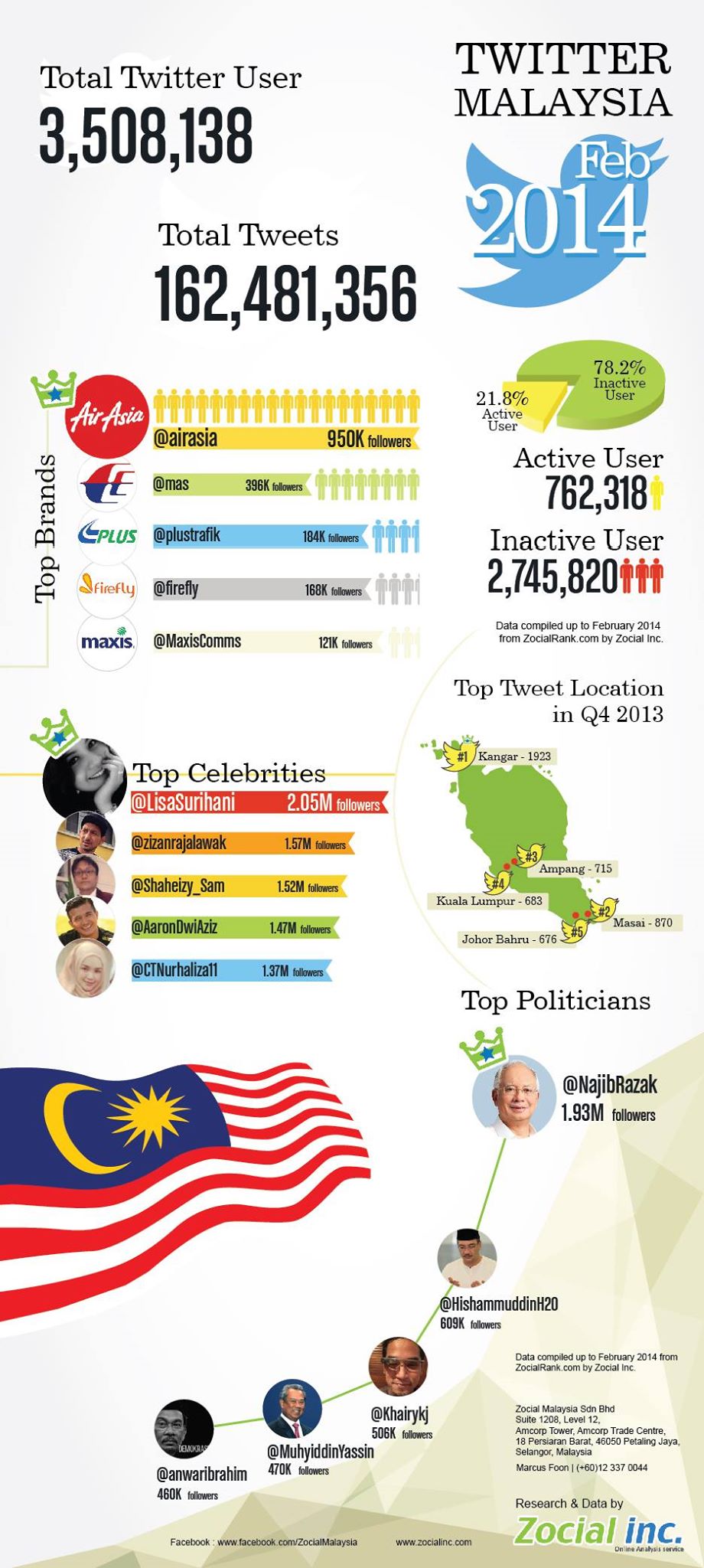"The U.S. equity markets closed the week out in mixed fashion as the Dow was able to breach positive territory on the coattails of today's gains, leaving the S&P and the Nasdaq below the flatline. The Nasdaq disproportionately lagged other major U.S. indices, as the week began with the biotech sector coming under heavy pressure in response to some pricing worries. As Schwab's Brad Sorensen, CFA notes in his recent Schwab Sector Views, the tech sector appears far more stable than it was in the late-1990s environment so many still remember. We've been touting this stability as one of the reasons to stick with the group and in fact the sector has outperformed during the past couple of downturns in the market, including the most recent one.
Meanwhile, as the effects of the long and bitter-cold winter begin to thaw out, some economic data is beginning to warm up. We received reads showing consumer confidence jumped to a six-year high, regional manufacturing activity accelerated more than projected, weekly initial jobless claims were better than forecasted, anddurable goods orders increased more than expected, though, non-defense capital goods excluding aircraft, which is considered a proxy for business spending, unexpectedly fell.
As Schwab's Chief Investment Strategist Liz Ann Sonders, Brad Sorensen, CFA, and Director of International Research Michelle Gibley, CFA, in their Schwab Market Perspective: Lacking Conviction, we believe the secular bull market is intact but that a pullback would be healthy from a sentiment perspective. We believe economic data will improve, interest rates will drift higher, and equities will end the year higher".
Source: Schwab




